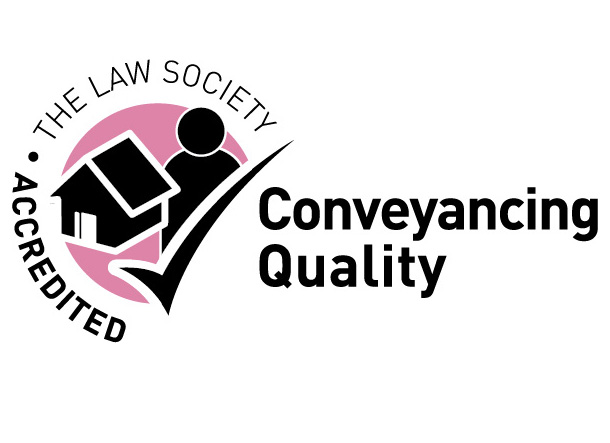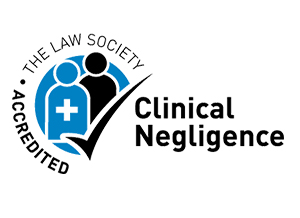Meningitis is generally bacterial or viral and occurs when the lining around the brain and spinal cord becomes infected and inflamed.
Whilst it is most common in babies, young children and young adults it can affect people of any age.
Viral meningitis is not usually life-threatening it can lead to shingles, mumps and the herpes simplex viruses.
Bacterial meningitis is more serious. It is life-threatening and requires immediate medical attention. In the UK it is usually caused by meningococcal bacteria. It can cause meningitis, septicaemia or both. The symptoms these conditions cause are different as is their treatment.
These conditions pose medical emergencies and treatment is dependent upon arriving at a quick diagnosis and commencing the correct treatment for the diseases at an early stage.
Usually a patient will first attend on their GP complaining of symptoms although in some cases initial medical input is sought at an Accident and Emergency Department. It is an error made at this early stage which usually gives rise to a claim of negligence, although errors can also occur in relation to treatment following hospital admission.
Typically the failings we see in relation to treatment of meningococcal disease are:
- Failure to recognise a sick child and the potential significance of this
- Failure to or delay in diagnosing meningococcal disease.
- Failure to or delay in diagnosing bacterial meningitis/septicaemia.
- Failure to understand the difference between septicaemia and bacterial meningitis.
- Failure to escalate a patient’s care quickly enough to ensure the treatment needed is given once a diagnosis has been made.
Symptoms of meningitis and septicaemia will usually involve (but not be limited to) the following:
Bacterial Meningitis
- Fever
- Nausea/vomiting
- Severe headache
- Stiff neck
- Dislike of bright lights
- Very sleepy / vacant / difficult to wake
- Confused / delirious
- Rash
- Seizures
Septicaemia
- Fever / vomiting
- Limb / joint / muscle pain
- Cold hands and feet / shivering
- Pale or mottled skin
- Breathing fast / breathless
- Rash (which does not fade with pressure)
- Very Sleepy / vacant / difficult to wake
- Confused / delirious
Failure to treat bacterial meningitis and septicaemia appropriately and in a timely manner can result in:
- Neuro-developmental problems with memory and concentration
- Co-ordination and balance problems
- Learning difficulties (temporary or permanent)
- Epilepsy
- Cerebral Palsy
- Speech problems
- Hearing loss (partial or total)
- Vision loss (partial or total)
- Gangrene, leading to amputation
- Skin scarring
- Brain damage
- Death
We appreciate that the consequences of a failure to identify and treat meningitis and septicaemia can be physically and psychologically traumatic affecting the lives of the patient and their family.
We understand the difficulties there are when making a clinical negligence claim of this type and can guide you through this very difficult and stressful process.
We are able to devote ourselves to providing a one to one service and to be accessible at all times to support the families throughout this process. Our small, specialised and friendly team will be on your side.
We will work tirelessly to ensure that not only is compensation secured for the pain and losses caused by the injuries suffered but that support and any further treatment and rehabilitation needed can be sought. In cases where liability is resolved, we seek interim payments at an early stage to facilitate this.
Please call one of our solicitors today on 0191 222 1030 for a free consultation in relation to your claim or complete our website enquiry form.





